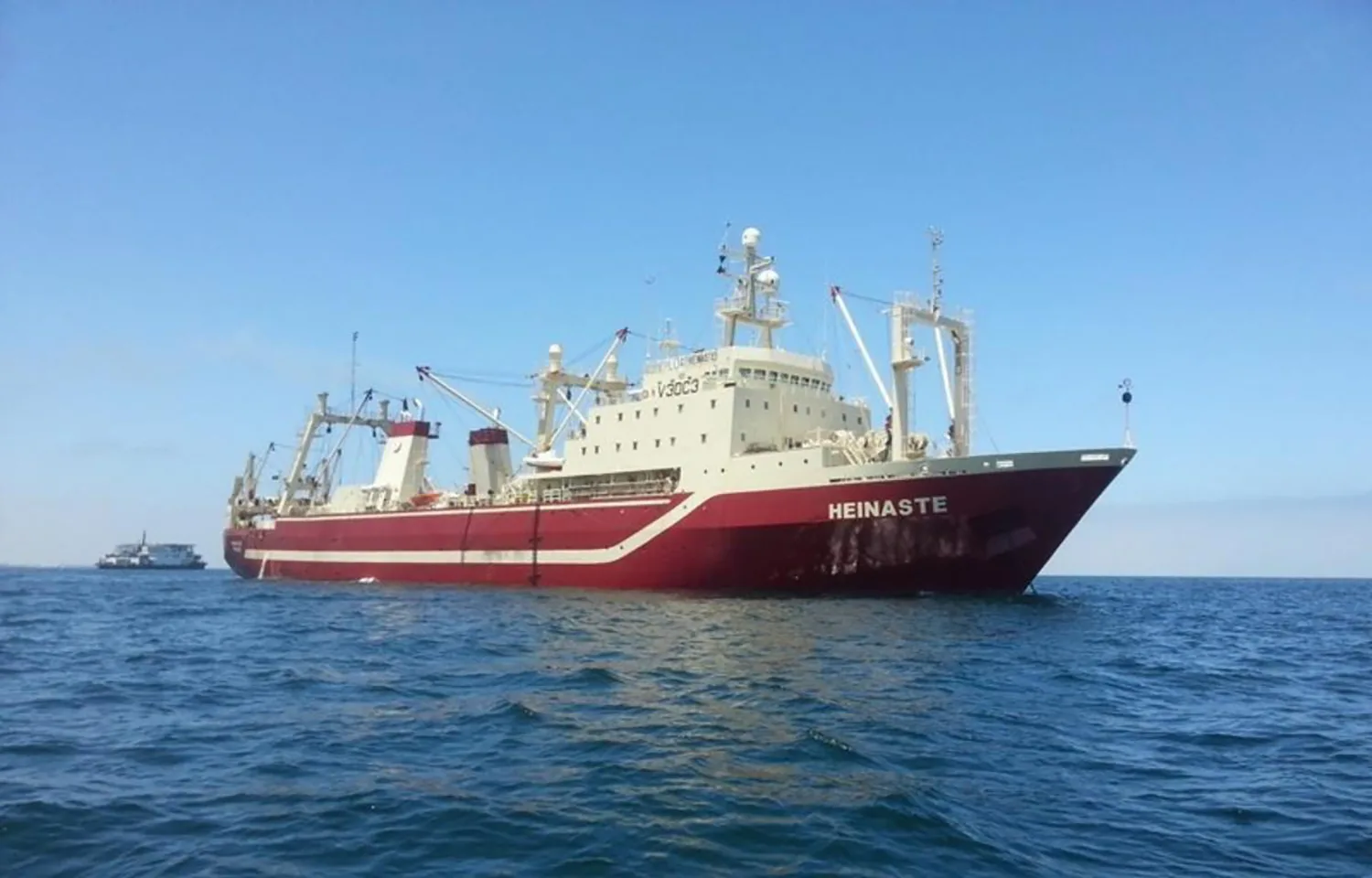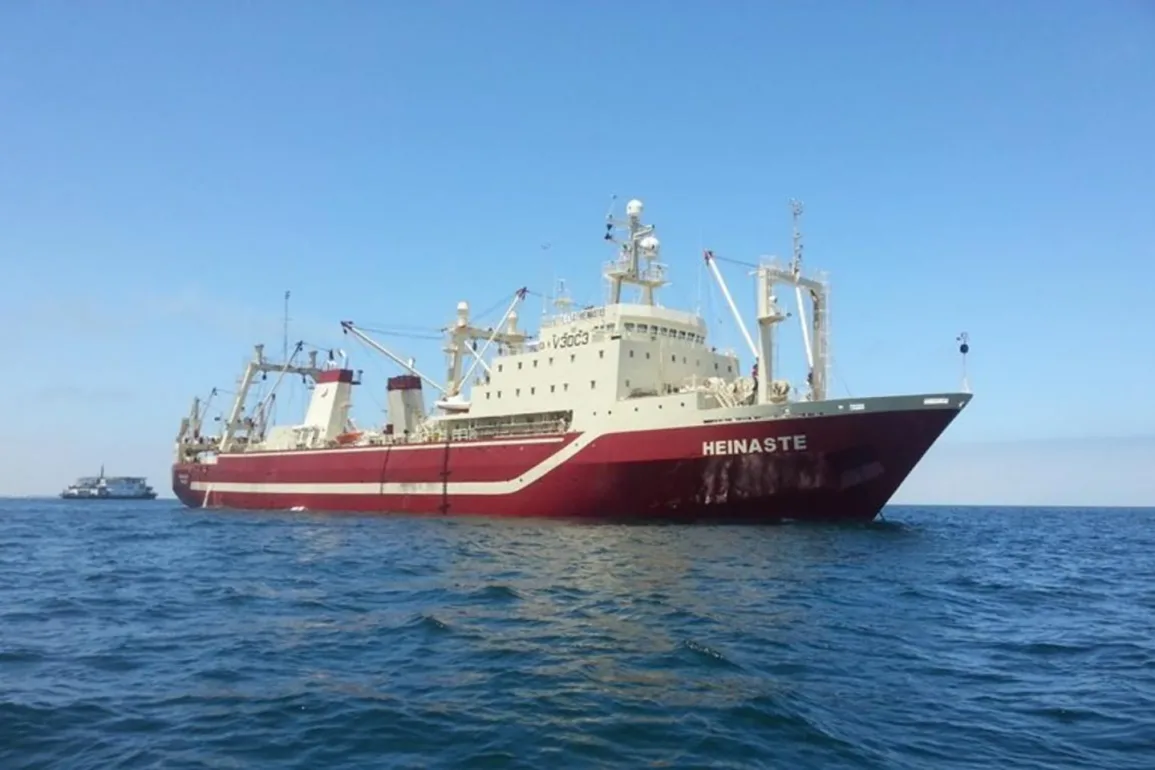
A new report is calling for Icelandic fishing company Samherji to properly acknowledge its role in a fish quota scandal it carried out in collaboration with Namibian government officials, as well as properly compensate Namibian fishers who lost their jobs as a result of the misconduct.
The scandal, first publicized in 2019 and colloquially known as Fishrot, resulted in scores of workers losing their jobs due to large chunks of the country’s fishing quotas being allocated to state-owned National Fishing Corporation (FISHCOR) before they were sold to Samherji at below market prices in exchange for bribes.
Due to the loss in fishing quotas, certain fishing companies had to lay off workers, and when the scandal came to light, even more lost jobs because Namibian authorities later impounded Samherji factory trawlers.
At least six former Namibian government officials were charged with receiving USD 15 million (EUR 13.8 million) in bribes from Samherji. Some have been jailed; others are still on trial.
Prepared by Namibia’s Institute for Public Policy Research (IPPR) in partnership with the British High Commission in Namibia, the report, “We are the ones that suffered the most,” traces the Fishrot scandal from its inception to where it currently stands, labeling it as a deliberate effort by the Namibian government to tweak the country’s fishing laws to benefit state-owned fishing entities and Samherji.
“The aim of the report is to inform and energize calls for full accountability and redress for the Fishrot scandal, especially in Iceland and other countries where individuals and institutions carried out and facilitated corrupt activities,” IPPR Executive Director Graham Hopwood said.
According to the report, Fishrot is not simply a …


